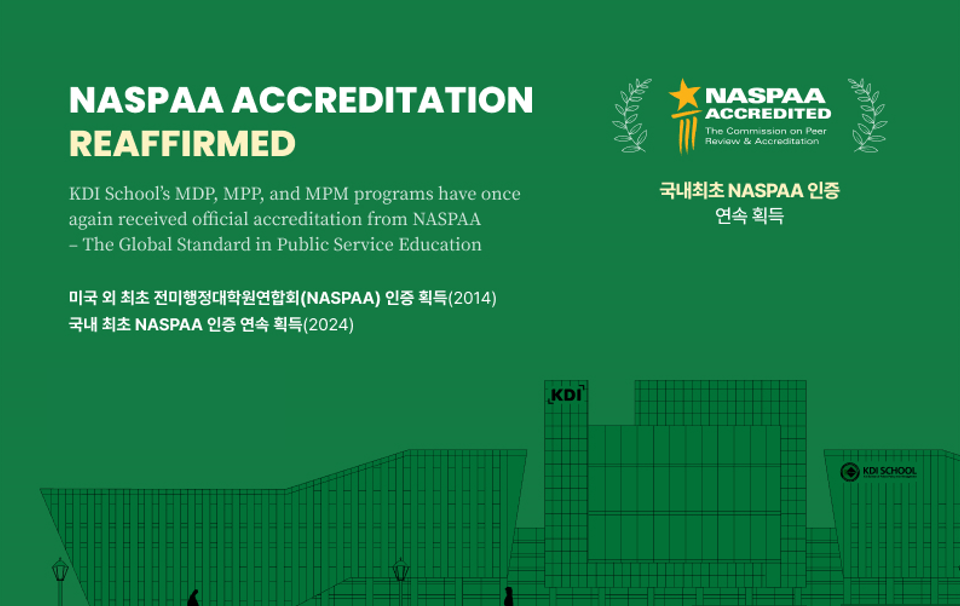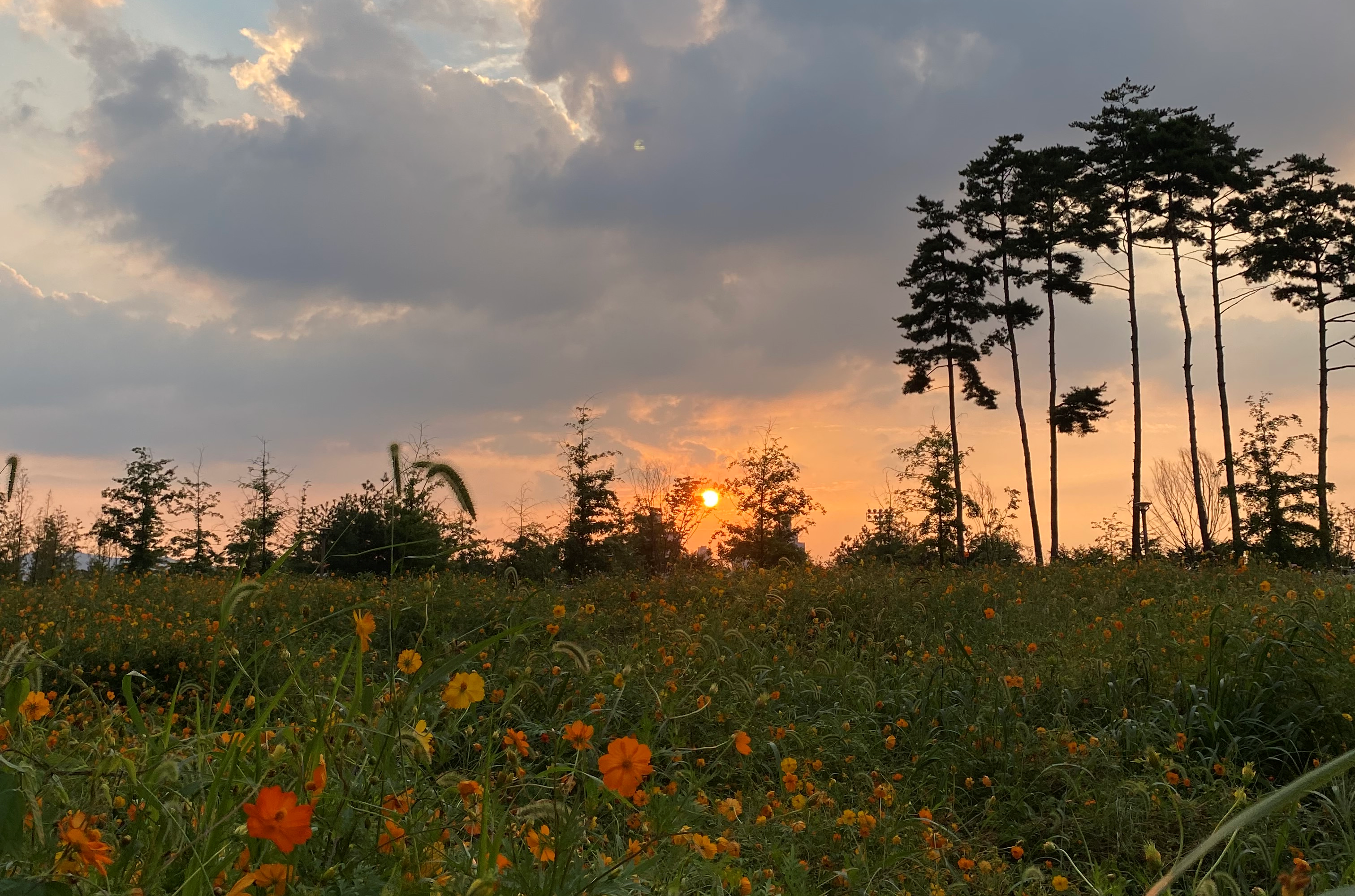
KDI School hosts Korea-Africa Ministerial Conference
- Date 2006-08-01 09:01
- CategoryResearch and Education
- Hit1634
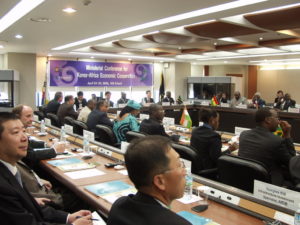
The KDI School recently held a Ministerial Conference for Korea-Africa Economic Cooperation to assist African nations in initiatives to further the develop their economies.
Led by President Donald Kaberuka of the African Development Bank, the delegation participated in a two-day conference that shared Korea’s experiences in economic development and its views on the government’s role in effective economic planning.
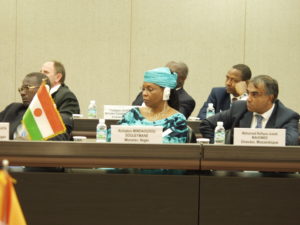
“There is a high possibility to expand economic cooperation between Korea and Africa. I hope our discussion will create new opportunities for the Korean government and companies to discover yet unknown opportunities in fast-developing Africa,” said Chin-Seung Chung, Dean of the KDI School.
Professor Ji-hong Kim of the KDI School briefed the participants on the history of economic cooperation between Korea and Africa since the 1970s. He also added some comments on the future of relations between the countries.
“Korea can assist Africa to pursue institutional reforms in a variety of areas, such as in government reform, in the eradication of corruption, and in property and contract rights institutions,” Kim said.
He added that the food processing industry, petrochemical plants, and human resource development were also major areas that had ample development potential.
The delegation expressed mutual willingness to expand the already-existing connections between Korean enterprises and African consumers. Korean corporate participants exchanged their views on cases of recent investment projects in infrastructure, mining, agri-business, financial systems, investment funds, and tourism. The group also relayed its desire to tap the abundant economic opportunities in infrastructure, energy, telecommunication technologies, and transport.
The average real GDP growth rate across Africa was forecast to reach 5.8 percent this year, with many nations also currently in a period of political stability to allow for sustained growth.
By Jung Min Kim (2006 E-MBA)
Related News
-
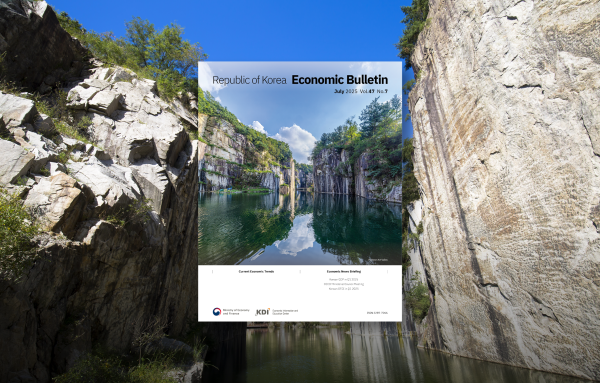
Research and Education6 days ago
Republic of Korea Economic Bulletin, July 2025#KDI #Economic #KDISCHOOL #kdischool #Economic Bulletin #Research
-
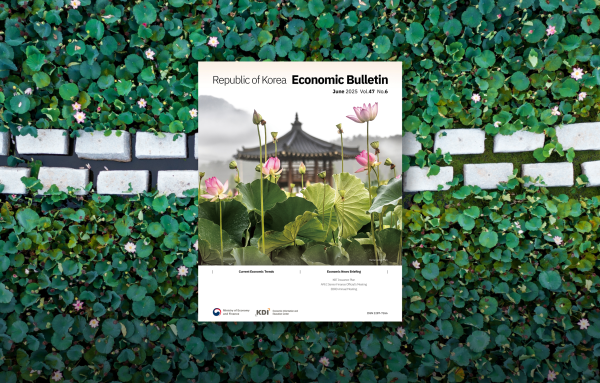
Research and Education34 days ago
Republic of Korea Economic Bulletin, June 2025#KDI #Economic #KDISCHOOL #kdischool #Economic Bulletin #Research
-
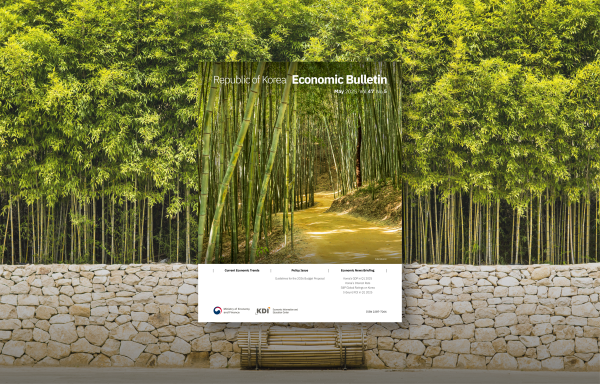
Research and Education68 days ago
Republic of Korea Economic Bulletin, May 2025#KDI #Economic #KDISCHOOL #kdischool #Economic Bulletin #Research

